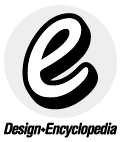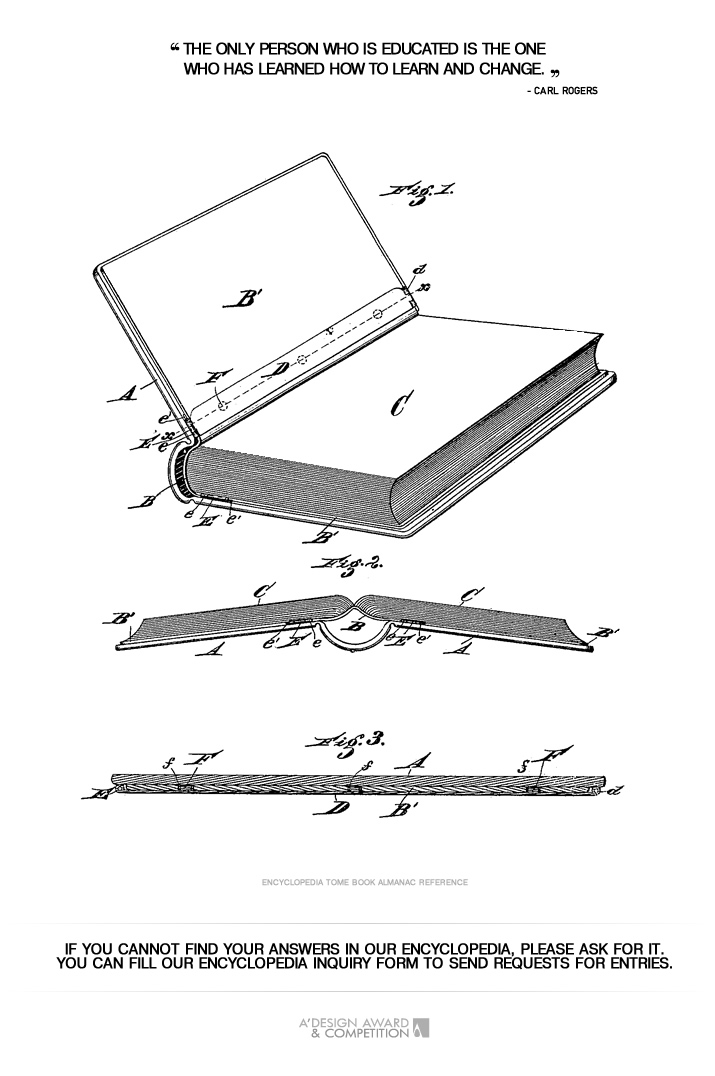
| THE AWARD |
| CATEGORIES |
| REGISTRATION |
| SUBMIT YOUR WORK |
| ENTRY INSTRUCTIONS |
| TERMS & CONDITIONS |
| PUBLICATIONS |
| DATES & FEES |
| METHODOLOGY |
| CONTACT |
| WINNERS |
| PRESS ROOM |
| GET INVOLVED |
| DESIGN PRIZE |
| DESIGN STORE |
| THE AWARD | JURY | CATEGORIES | REGISTRATION | PRESS | WINNERS | PUBLICATIONS | ENTRY INSTRUCTIONS |
System Framework - Entry #479259 |
Home > Design Encyclopedia > 479259 |
 System Framework
System Framework
System Framework is a comprehensive organizational structure that establishes the foundational elements, relationships, and operational guidelines for designing and implementing complex systems within various design disciplines. This methodological approach encompasses the essential components, protocols, and interconnections that govern how different elements work together to achieve specific design objectives while maintaining consistency and efficiency. In the context of design, a system framework provides a structured way to approach problem-solving, ensuring that all aspects of a project are considered and integrated harmoniously. It typically includes defining system boundaries, identifying key stakeholders, establishing communication channels, and determining workflow processes that guide the development and implementation of design solutions. The framework serves as a blueprint for organizing resources, managing dependencies, and maintaining quality standards throughout the design process. Historical development of system frameworks in design has evolved from simple linear models to more sophisticated, adaptive structures that accommodate contemporary needs for flexibility and scalability. These frameworks have become increasingly important in managing complex design projects, particularly in digital and industrial design sectors, where multiple components must work seamlessly together. The A' Design Award competition recognizes innovative system frameworks that demonstrate excellence in organizational design, acknowledging their crucial role in advancing the field of systematic design thinking. Modern system frameworks often incorporate principles of sustainability, user-centered design, and technological integration, reflecting the growing need for holistic approaches to design challenges. They facilitate better decision-making processes, risk management, and quality control while promoting standardization and reusability of design components.
Author: Lucas Reed
Keywords: organization design, systematic approach, structural elements, design methodology
 About the Design+Encyclopedia
About the Design+EncyclopediaThe Design+Encyclopedia is a crowd-sourced reference of information on design. Unlike other crowd-sourced publications on design, the Design Encyclopedia is edited and actively monitored and publishing is only possible after review of submitted texts. Furthermore, editors of the Design Encyclopedia are mostly consisting of award winning designers who have proven their expertise in their design respective fields. Information posted at design encyclopedia is copyrighted, you are not granted a right to use the text for any commercial reasons, attribution is required. If you wish to contribute to the design encyclopedia, please first register or login to A' Design Award and then start a new design encyclopedia entry.

If you did not find your answer, please feel free to check the design encyclopedia for more entries. Alternatively, you can register and type your own definition. Learn more about A' Design Award's Design+Encyclopedia.

